Kidney bean
Kidney bean is an excellent plant based source of protein and fiber. It is also high in starch, but since this type is a slow-release carb and bean has low glycemic index, it is beneficial for diabetics, not causing fast and high rises in blood sugar. Kidney bean is rich in phosphorus and manganese, reduces cholesterol and improves heart health, lowers risk of heart disease, boosts digestion and prevents colon cancer. Although rich in iron, it might not be very accessible due to phytate content in beans that reduces iron absorption. Bean is very rich in folate, benefiting red blood cells formation and development during pregnancy. It is favorite among athletes due to its combination of energy boosting carbohydrates, muscle building protein and low fat content. Finally, it promotes fullness and is a great choice for weight management.
